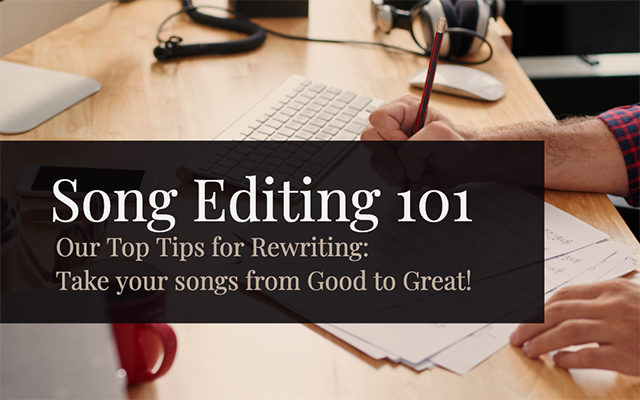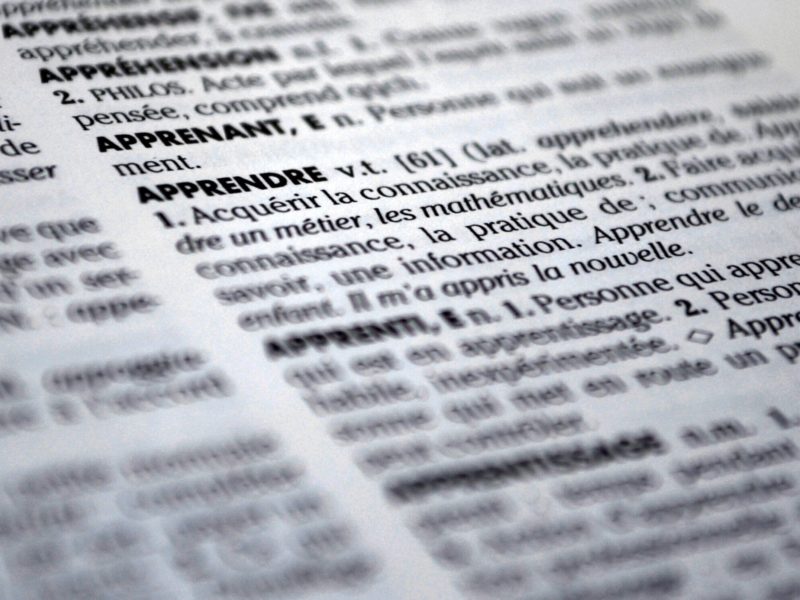
Featured Songwriter: Raleigh Keegan
Raleigh Keegan is a talented Multi-instrumentalist Singer/Songwriter. Writing Great Songs met Raleigh through Twitter and after immediately falling in love his songs, we asked him to be a featured Songwriter.
WGS: What is you musical background? Did you grow up playing instruments?
RK: Well I started playing piano as a kid. My mom had me in lessons and was kind of intense about making sure I practiced 30 minutes a day….like “You don’t practice – you don’t eat!” In grade school I started playing trombone and studied that through graduation. I took lessons too, learned music theory, studied jazz, and ended up becoming 1st chair All-State Jazz trombonist (it’s as shocking to me as it is to you).
WGS: When did you start writing songs? How did this all begin for you?
RK: I didn’t even write my first song until I was a junior in college – But then I quickly fell in love with it. I got some good feedback on those first songs, but looking back now though, I’m pretty sure those songs were miserable, but I loved it so I kept at it.
WGS: What instruments do you play? What do you like to write on?
RK: My Main instrument is Piano – but I also play acoustic guitar. I actually like to write on both. Sometimes you get an itch to play one or the other, so I really write on whichever one I’m wanting to play at the time.
WGS: Have you ever done voice training?
RK: I took a year of voice after college with an opera / classical voice instructor. Before I took voice lessons I had no idea how to really use the voice and how it is supposed to all operate. It was the best decision I’ve ever made. I used to play a show and after my voice would be so shredded. I literally couldn’t sing two days after a show. Thanks to lessons, I don’t suck as bad anymore 😉
As a songwriter, prior to voice training I was really limited. If you don’t know how to use your voice and can’t control your low or high registers, it limits the songs potential and the singer’s ability to really make the song special. As a performing songwriter, why would you write a song you couldn’t sing? It has definitely helped me become a better songwriter and also less fearful to write certain songs with more challenging vocal parts.
WGS: Where do you draw inspiration?
RK: Well, that is a complex question – it can be a number of things, but my big passion is writing authentic songs. I have really felt that there is a lack of authenticity in a lot of music these days. I want to connect with people about real things, feelings, pains, joys, and give them a glimpse into my own life experiences. I want people to know that they aren’t weird for feeling what they feel, and that they can relate to my own struggles and joys that they hear about in my songs. With my writing, I’m really trying to get people to connect with the story I’m telling or with what I’m feeling. I’m just a storyteller that wants people to enjoy the story.
WGS: Tell me about writing “My Kentucky Queen”
RK: Well my wife and I had been married for about three or four months. Going into marriage was pretty scary. I was having one of those days where I was feeling the whole “I don’t deserve this girl – this girl is awesome, and she’s my wife!” type of thing. When I was growing up I never thought I would end up with a girl like Shelby, but she is really great for me. So, I just got super honest about that and started there, then I laid out the real story. I started with a few questions: What do I want to highlight? How do I make the song communicate in a way that people will connect with it?
I wrote it on guitar and I started out with a melody in my head and wrote the story to match it. I also wanted people to feel something very specific about the imagery of Kentucky – like the warm feeling I get when I drive on the highway here in Kentucky and see these green hills, horses and the way the sun shines is very distinct to me.
The first draft of the song I wrote without rhyming at all just to get it all out there. Then I rewrote it, tightened it up, made it rhyme properly, built in the imagery that I used in the chorus, and then shaped it into a song.
WGS: Who are your favorite songwriters?
RK: I have plenty! The reason I started writing songs was Zach Brown Band album “Uncaged”
over and over and that inspired me big time – it’s the reason I started doing music professionally!
Also I should mention James Taylor, I just love his songwriting. When you listen to James Taylor, you can picture imagery in your mind. You go there with him. I also love Chris Stapleton and Jason Isbell. I don’t know how they do what they do, but I’m trying to figure it out 😉
What I think I have in common with those guys is that they are really trying to tell a story and they are great at making you feel what the song is trying to say.
WGS: Do you have a co-writing partner or partners?
I have a couple local guys, but I typically write by myself and then take my ideas and bring it to the band. There are a couple friends I have down in Nashville who have “made it” and I’ll send them stuff for feedback. I like to write by myself to start it off. After I have my ideas, I really like when a different perspective comes in and throws their two cents in and we come up with something that way.
WGS: What tips do you have for new writers?
RK: Authenticity over everything! Authenticity should always win over what you think will be a good song on the radio. I always connect more with someone who is being authentic than anything else.
Pick up an album like I did with Zac Brown Band and try to figure out why you love it so much, the harmonies, melodies, even the way it is written and put a finger on why you like what you like.
Don’t beat yourself up if your song sucks. The great writers probably really sucked when they first started. Songwriting is a skill that needs to be developed, and you will probably suck at it in the beginning. But if you stick at it you’ll get better and better and better. Last year some guys in Nashville challenged me and I wrote 80 songs in 6 months. It was a discipline for me, and the stuff in the beginning was not as good as the stuff at the end for sure. Just do it and you will get better, and yes I just used the Nike slogan.
WGS: What happens when you get stuck writing a song? How do you get “unstuck”?
RK: Well, for example there is a tune right now I am writing and I love the verses but I have no idea how to transition to the chorus fluidly. So what I’ve done is take a break from it. Don’t be in a rush. If it takes one year to write a good song, let it take a year.
Also think about the fact that you might be stuck because there is nothing left to say so maybe you haven’t thought about the story well enough. Look over the structure of the song again. Take some time and then revisit it.
WGS: What’s Next?
RK: One of my favorite parts of my job is meeting people and building relationships and hearing people’s stories. I like to know why they like the songs and what are they connecting with. In order to make it as a songwriter you have to let people see you for who you are. I’m the guy in the room who wants to meet everybody.
WGS: Where is your music available?
RK: Spotify
Check out Raleigh’s website here: www.raleighkeegan.com






